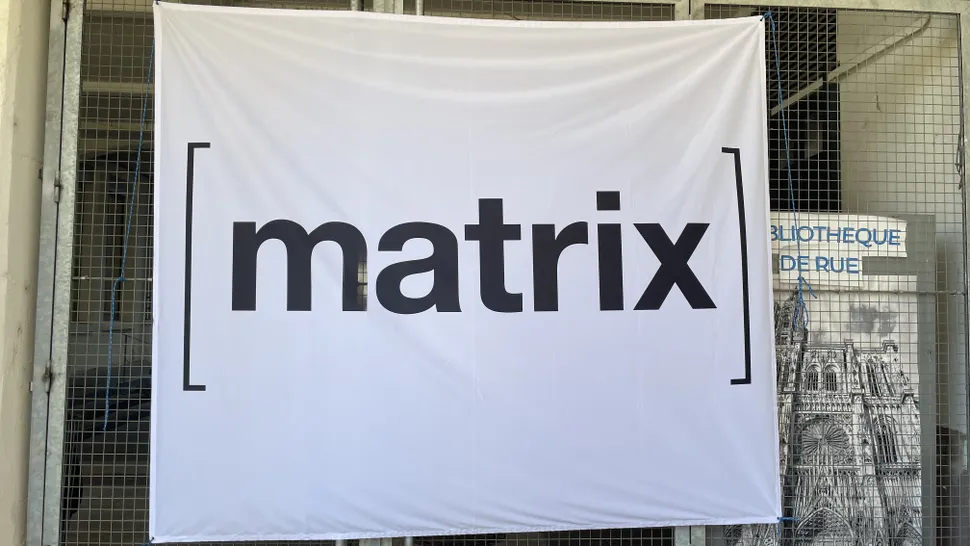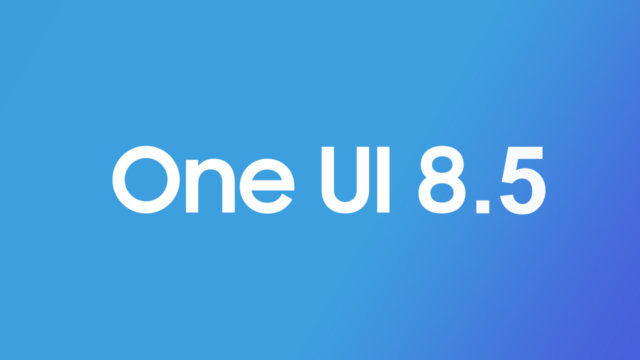Governments across Europe are investing heavily in strong encryption technologies to secure their internal communications. The Matrix Conference held in Strasbourg last week clearly highlighted this trend. Matrix is known as an open-source protocol used by developers to create decentralized and secure messaging applications. A striking point at the event was that the users of this system were government institutions themselves, rather than ordinary citizens.
The Encryption Dilemma in Europe: Governments Protect Their Own, Want to Monitor Citizens
Germany and France are leading these institutions. Germany uses the Matrix protocol to encrypt communications between the government, the armed forces, and the healthcare system. France went even further, requiring all public officials to use the Matrix-based app “Tchap” instead of Signal or WhatsApp, starting last September. Even representatives of the European Commission’s IT department announced that they were testing Matrix instead of Signal to protect their own internal communications.

This situation has also sparked a serious debate about “double standards.” The European Commission, which places such great importance on its own communication security, is also the institution that proposed the bill known as “Chat Control.” This bill aims to create a “backdoor” for accessing citizens’ private and encrypted chats, citing the fight against child abuse as its primary objective. Furthermore, France stands out as one of 12 countries supporting this controversial proposal.
Experts presenting at the conference highlighted the dangers of this dual approach. Matthew Hodgson, Co-Founder of Matrix, emphasized that the idea of creating a “backdoor” that only authorities can access is “naive” and technically impossible. Experts believe that once such a vulnerability is introduced into a system, it can become exploitable not only by authorities but also by all criminals and malicious actors.
Runi Hammer, CEO of Denmark-based Meedio, argues that governments know exactly what they’re doing. Hammer pointed out that the Danish version of the Chat Control bill exempts all government and military accounts from mandatory scanning. Rocket.Chat CEO Gabriel Engel summarized the issue clearly: “It’s not about security, it’s about control.” According to Engel, governments, while simultaneously seeking to monitor their citizens, demand complete privacy for their own communications.
While experts acknowledge the importance of combating serious crimes like terrorism and child abuse, they also state that breaking encryption is not the right approach. Even Julie Ripa, Product Manager for the French government’s Tchap app, stated that violating privacy and creating backdoors doesn’t address the root of the problem. While the tech world declares that “backdoors are technically impossible,” the insistence of politicians on these demands demonstrates that the struggle between digital security and privacy will continue.
So, what are your thoughts on governments’ attempts to weaken citizens’ encryption while simultaneously encrypting their own communications as strongly as possible?













